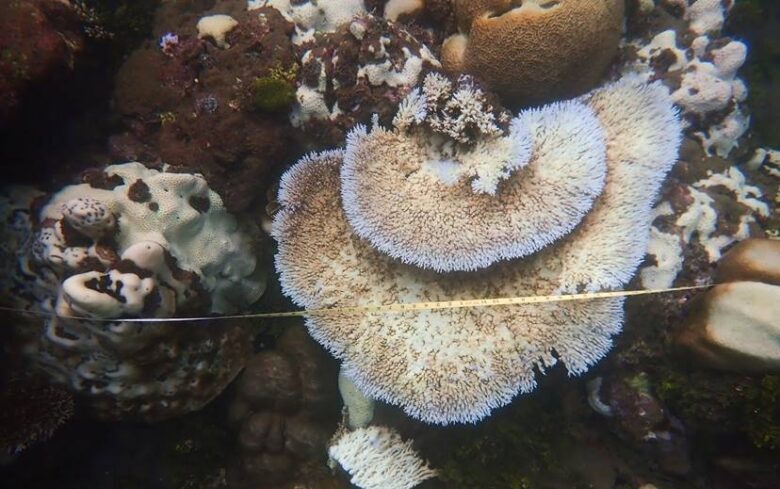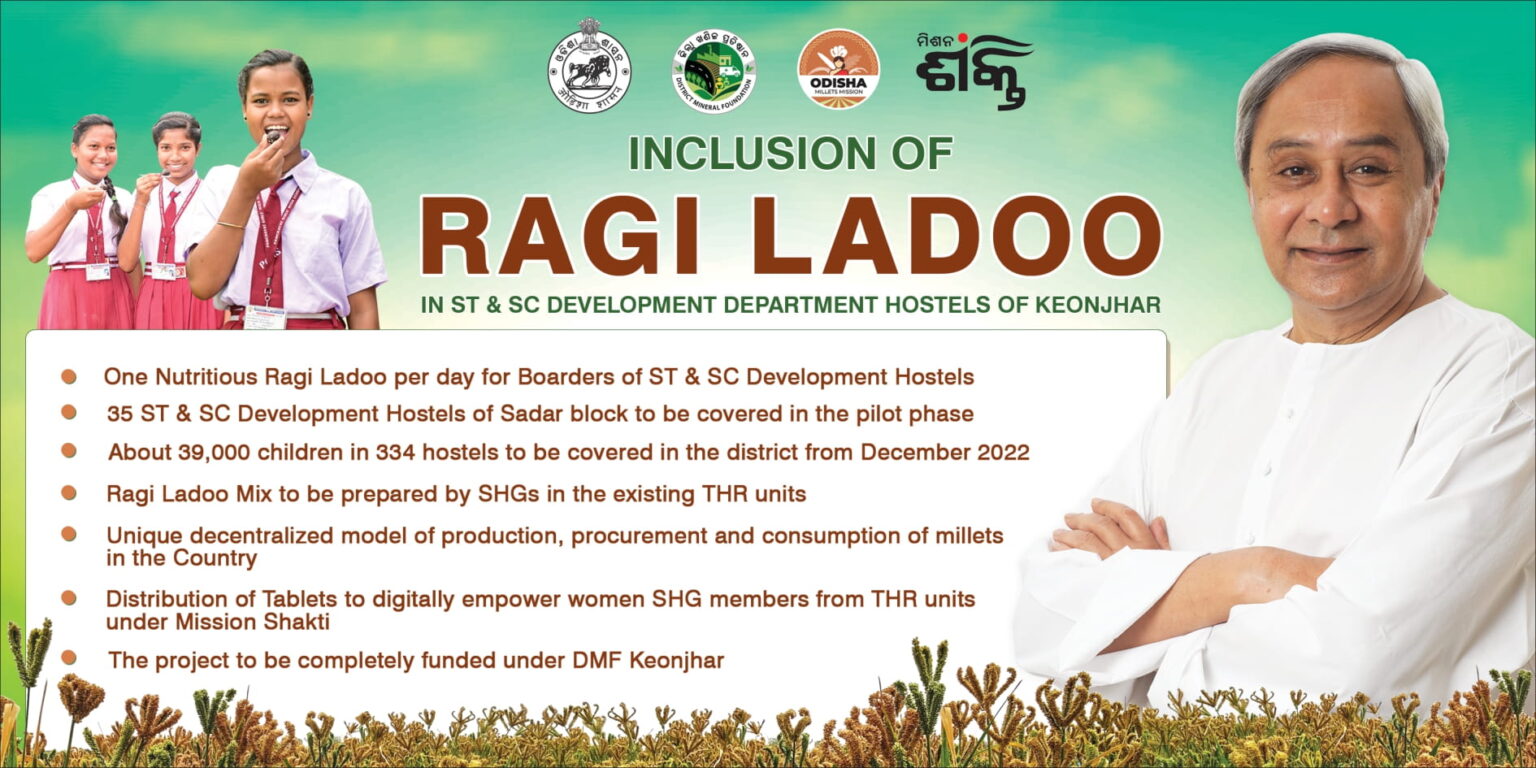Sharm el-Sheikh (Egypt): The United States Agency for International Development (USAID) has committed to scaling resilience action in partnership with the Global Fund for Coral Reefs (GFCR).
USAID’s contribution of up to $15 million will accelerate blended finance programming to support the resilience of Egyptian Red Sea communities and their reef ecosystems.
On the sidelines of the 75th Session of the UN General Assembly in September 2020, the Global Fund for Coral Reefs was launched by a coalition of public and private partners with the ambition to mobilise $625 million for coral reef conservation over the next decade.
The latest contribution takes GFCR to $187 million in just over two years since its launch.
The Climate Champions have announced that GFCR is formally endorsed as a ‘Race to Resilience’ campaign partner. As a global leader in coral reef finance and programming, GFCR will aid in implementing campaign ambitions, accelerating marine conservation and sustainable nature-positive economic growth for a more resilient future.
GFCR is the first coral-focused initiative and largest blended finance vehicle partnered with the campaign.
The GFCR has announced the launch of its Colombia Seaflower Biosphere programme, through blended finance. The programme aims to increase the resilience of the coral reefs and the communities of the Colombian Archipelago.
Led by Fondo AcciAn, the ‘Fi Wi Riif’ (Our Reef) programme will unlock access to technical assistance and finance for the development and scaling of areef-positive’ blue economy business models.
With this newly-approved programme launch, the GFCR is now implementing blended finance initiatives in 12 countries with an ambition to expand to more than 25 countries by the end of 2023.
The GFCR has announced the initiation of regional programmatic development for the Gulf of Aqaba and Egyptian Red Sea. Led by the United Nations Development Programme (UNDP), the initiative aims to unlock a minimum of $50 million in blended finance investment to scale the resilience of regional coral reefs and coastal communities.
(IANS)
















